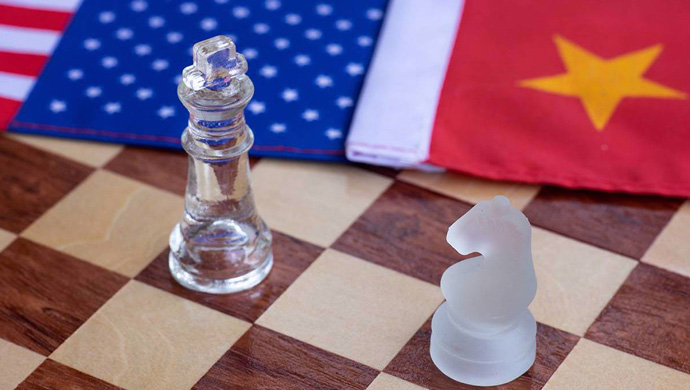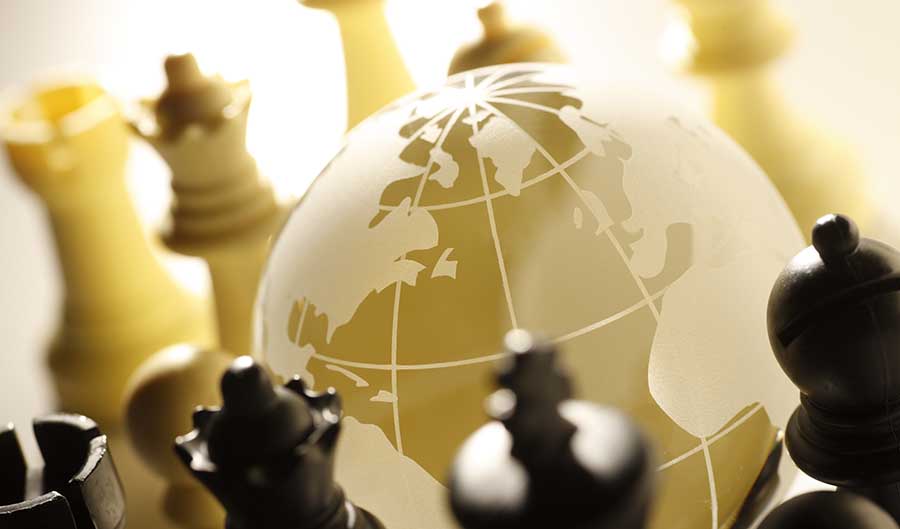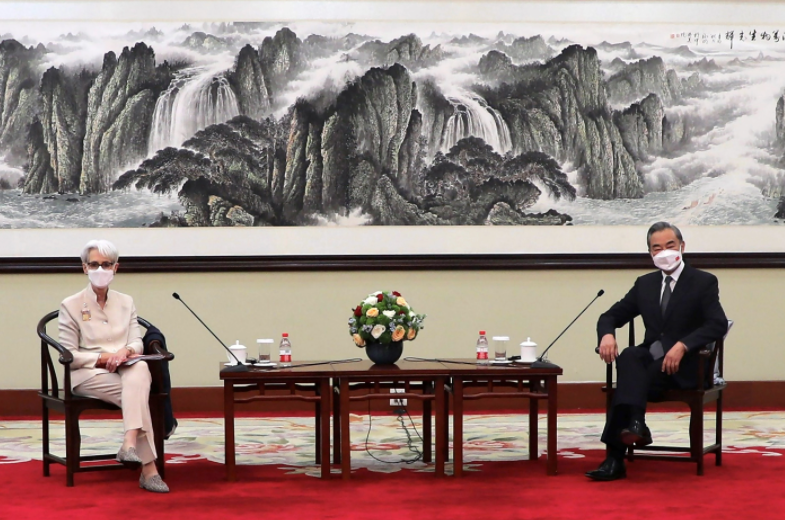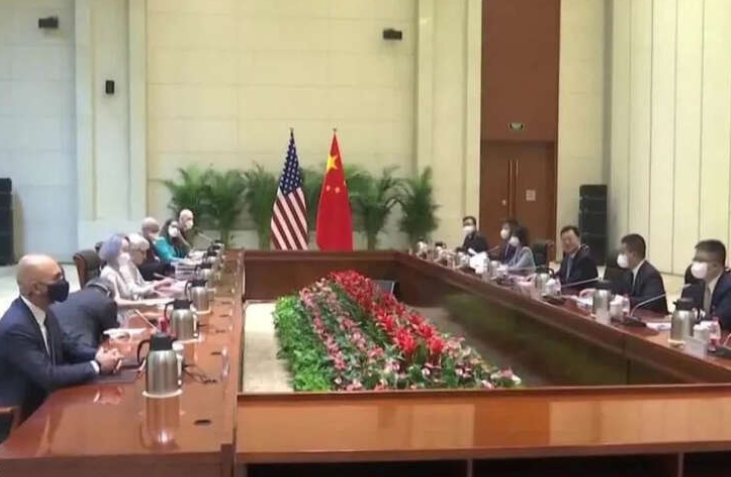Tao Wenzhao, Honorary Member of the Chinese Academy of Social Sciences; Fellow, CASS Institute of American Studies
Aug 18, 2021
The United States has been unsuccessful in its attempts to rally Southeast Asia against China. In recent months, it has mounted a transparent effort to curry favor in the region. But nobody wants to choose between major trading powers. They’d rather keep their options open.
Richard Javad Heydarian, Professorial Chairholder in Geopolitics, Polytechnic University of the Philippines
Aug 12, 2021
The U.S. has seemingly pulled out all the stops to advance its agenda in Southeast Asia, hoping to entice countries away from China. Yet, as members of China’s neighborhood, ASEAN members will find it hard to create distance between themselves and China, literally and figuratively.
Chen Deming, CCG Honorary Chair, Director of China Association of Enterprises with Foreign Investment, Former Minister of Commerce
Aug 12, 2021
China-U.S. relations are the main stress point in the present-day world, and the U.S. has yet to accept China’s bottom lines. While chilly political relations and warm economic ones are the new normal, it is still possible for the two to meet halfway.

Ma Xiaoye, Board Member and Founding Director, Academy for World Watch
Aug 10, 2021
China and United States should distinguish between strategic competition and a struggle for supremacy, as doing so would help avoid stepping over a boundary line beyond which competition turns into a drive for hegemony and world domination.

Joseph S. Nye, Professor, Harvard University
Aug 09, 2021
During the four decades of the Cold War, the United States had a grand strategy focused on containing the power of the Soviet Union. Yet by the 1990s, following the Soviet Union’s collapse, America had been deprived of that pole star. After the September 11, 2001, terrorist attacks, US President George W. Bush’s administration tried to fill the void with a strategy that it called a “global war on terror.” But that approach provided nebulous guidance and led to long US-led wars in marginal places like Afghanistan and Iraq. Since 2017, the US has returned to “great-power competition,” this time with China.

David Shambaugh, Gaston Sigur Professor and Director of China Policy Program at George Washington University, Distinguished Visiting Fellow at Hoover Institution of Stanford University
Aug 04, 2021
Recent events in Sino-American relations indicate that China may no longer be willing to work with the United States on managing contentious issues or buffering the rivalry between the two powers. Beijing’s recent interactions with American officials indicate a new uncompromising and “maximalist” approach, based on the belief that America is in terminal decline and its need to compromise or show deference is over.
Leonardo Dinic, Expert in Geopolitics and International Business, the Future of Work, and Emerging Technologies
Aug 03, 2021
China’s Belt and Road Initiative is clearly mapping out its ambitions for global influence challenging the primacy of the U.S. Now, Western allies have presented a B3W Partnership to challenge China with additional global infrastructure investment.
Leonardo Dinic, Expert in Geopolitics and International Business, the Future of Work, and Emerging Technologies
Aug 03, 2021
The Group of Seven’s (G7) fixation on China and Russia is problematic because member countries still have serious internal problems related to their domestic economies and income inequality.

Nie Wenjuan, Deputy Director of Institute of International Relations, China Foreign Affairs University
Aug 03, 2021
They won’t resolve the significant issue of how China and the U.S. should go forward. But at least the talks established a strategic consensus on managing competition. More talks are likely — even amid quarrels.

Brian Wong, Assistant Professor in Philosophy and Fellow at Centre on Contemporary China and the World, HKU and Rhodes Scholar
Aug 03, 2021
U.S. Deputy of State Wendy Sherman recently talked with Vice Foreign Minister Xie Feng and Foreign Minister and State Councilor Wang Yi on her visit to China. As relations remain contentious, it’s important that both China and the U.S. keep communication channels plural, open, and as bilaterally reciprocated as possible.
Back to Top

- China-US Focus builds trust and understanding between the U.S. and China through open dialogue among thought leaders.
- Our Offerings
- Topics
- Videos
- Podcasts
- Columnists
- Research Reports
- Focus Digest
- Stay Connected
-
Thanks for signing up!
- Get the latest stories from China-US Focus weekly.